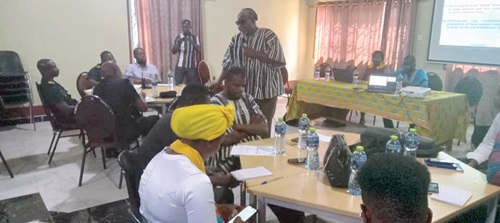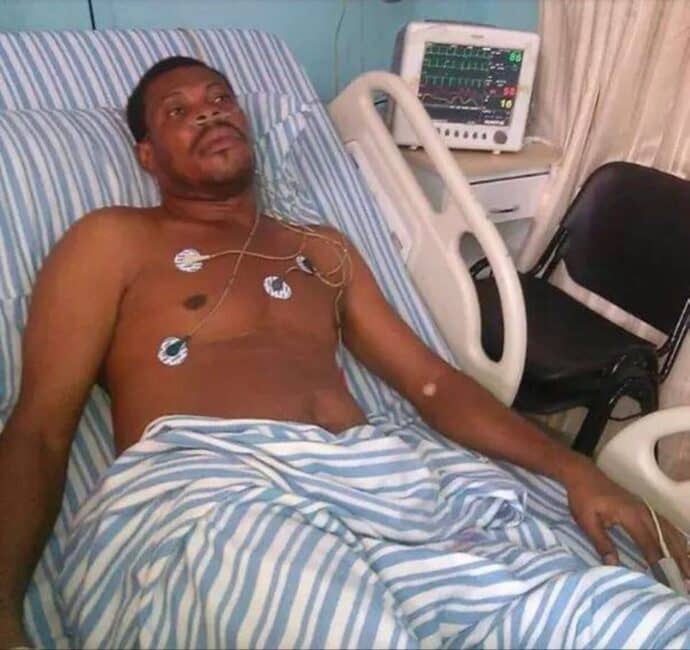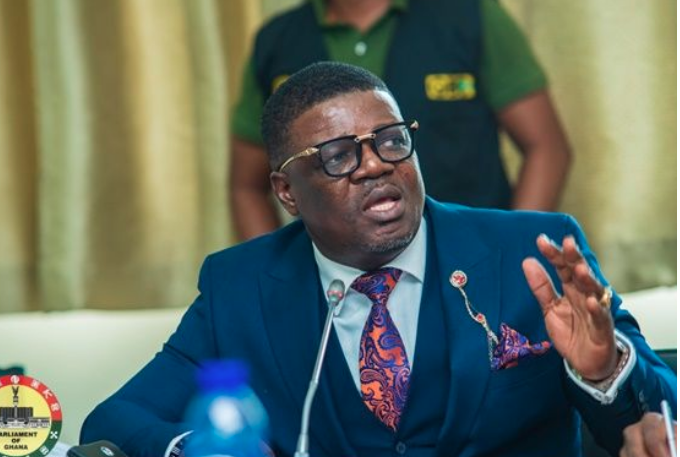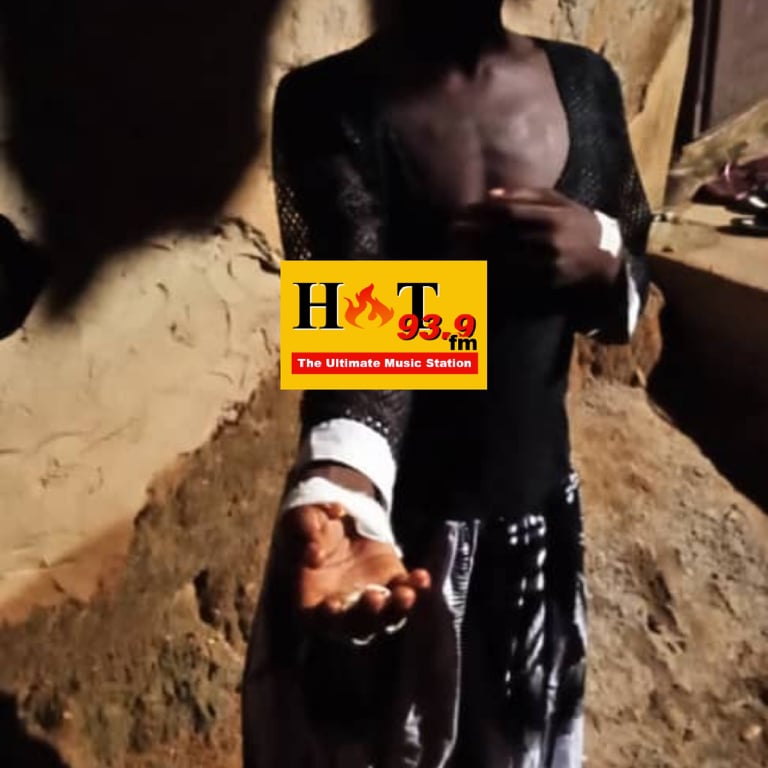Ghanaians have been cautioned against hurtful acts such as looking down upon other tribes and marginalised groups as it has the tendency to breed conflict.
Rather, people must strive to continue to live together and respect one another’s culture to ensure national cohesion.
The Upper East Regional Chairman of the Peace Council, Alhaji Sumaila Issaka, who gave the advice, further urged Ghanaians to jealously guard and cherish the relative peace being enjoyed in the country.
He was addressing participants during a two-day workshop on preventing violent extremism in the Kassena Nankana Municipality.
Organized by the Upper East Regional Peace Council, it had 60 participants drawn from the districts and other identifiable groups within the region.
It formed part of a project dubbed “Strengthening Community Resilience and Engagement to prevent and respond to Violent Extremism in Benin, Cote d’Ivoire, Ghana, and Togo”.
The project is supported by the government of Denmark which under its Peace and Stabilisation Fund (PSF), is supporting a component of the United Nations Population Programme (UNDP) preventing violent extremism (PVE) regional project spanning July 2023 to December 2024 in the beneficiary countries.
The initiative seeks to prevent and address the immediate localized drivers of radicalization leading to violent extremism in target communities in the four countries.
It also provides support to strengthen the mechanisms for early warning and response at the local level.
Be diligent
Alhaji Issaka also encouraged Ghanaians to be diligent and responsible citizens by reporting any act of suspicious characters within their communities.
He stressed that the instability in Burkina Faso was a wake-up call to the citizenry to be on the lookout to report suspicious elements to the security agencies for immediate action to be taken to prevent them from causing mayhem in the country.
Early warning signs
A facilitator and Early Warning/Gender Officer at the West Africa Network for Peace, WANEP-GH, Alice Bokuma, said the municipality shared a border with neighboring Burkina Faso which was currently in turmoil due to extremist attacks.
She noted that although the various security agencies were on high alert to forestall any extremist attacks, it was essential for the capacity of the community members to be built on conflict-related scenarios to easily identify the early warning signals.
This, she said, would enable them to protect the vulnerable youth from being radicalized and recruited by extremists to engage in attacks that had the tendency to compromise the peace and security of the country.
Understanding grievances
In a speech delivered on his behalf, the Municipal Chief Executive (MCE) for Kassena Nankana Municipality, Joseph Adongo, called on the people not to overlook the significance of empathy and compassion for others.
He said understanding the grievances and concerns of the marginalized, actively listening to their experiences, and addressing underlying issues were critical steps in bridging divides and fostering a more inclusive society.
Additionally, he admonished the participants to be ambassadors of peace in their own spheres of influence and pledged to promote dialogue over discord, understanding over intolerance, and cooperation over conflict.
Participants
A participant, Sheila Anao, said the training had been an eye-opener as it had exposed her to various aspects of conflicts and how it could be addressed at the initial stage in order not to reach the advanced stage.
She said, “Since 2024 would be an election year, the training had enabled me as to how to confront any signal of conflict in my community head-on to promote peace”.
Another participant, Felix Apula, stated that he had been equipped with a number of mechanisms to enable him to resolve conflicts that might arise in the community.







